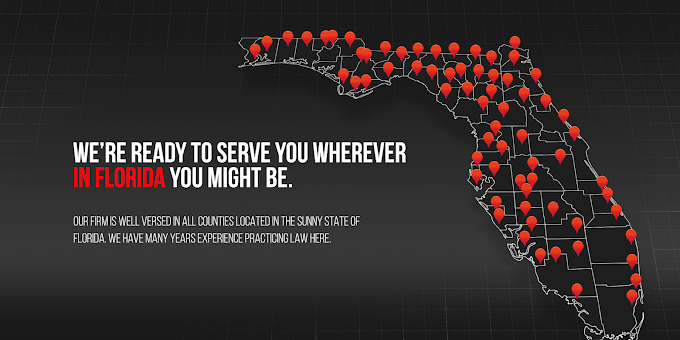






In pursuing a clean legal slate, understanding the intricacies of Florida expungement and its associated costs is paramount. As we enter 2024, this guide provides an up-to-date exploration of Florida expungement lawyer costs and fees. Our focus is to answer your questions about Florida expungement lawyer costs.
Unraveling this query, we delve into the nuanced landscape of Florida expungement costs, empowering you with the knowledge to make informed decisions on your journey to a cleaner record.
| Category | Cost |
|---|---|
| Expungement Lawyer Fees | $750 |
| Court Fees | $42 |
| Certified Copy Fees | $40 |
| Document Retrieval Costs | $22 |
| Notary Fees | $30 |
| Mailing Costs | $36 |
| FDLE Application Fee | $75 |
| Total Cost | $995 |
| Category | Cost |
|---|---|
| Mugshot (each) | $250 |
| Mugshot (x3) | $595 |
| Background Check Removal Services (previous clients) | $1,000 |
| Background Check Removal Services (non-previous clients) | $1,595 |
| Attorney Legal Case Analysis Letter in Support of Background Check | $250 |
How much is expungement? When embarking on the journey to expunge your record in Florida, it's essential to grasp the comprehensive breakdown of costs and fees involved in this legal process. Below, we enumerate and elaborate on the various elements contributing to how much does expungement cost in Florida:

The cornerstone of expungement involves securing the services of a qualified legal professional to guide you through the intricacies of the process. But the question is: how much does it cost to get my record expunged? Erase The Case, recognized as an expert in Florida record expungements, provides legal representation starting at $995. This fee encompasses the expertise required to navigate the legal complexities of expungement.
Filing for expungement necessitates payment of court fees, which can vary based on jurisdiction and the nature of the expunged record. These fees are included as administrative costs associated with processing the expungement petition through the legal system.
Complementing court fees, additional processing fees may be tied to administrative tasks integral to the expungement process. These fees are part of the overall financial considerations when pursuing record expungement.
Retrieving necessary documents for the expungement petition may incur costs, such as obtaining copies of court records or other relevant paperwork. These document retrieval expenses are essential to factor into the total cost to expunge record.
Some jurisdictions may require notarized documents as part of the expungement application. Notary fees are a consideration, adding to the miscellaneous costs associated with the legal procedures.
Also you might be interested, read this article: How To Expunge Your Record in Florida For Free
Erase The Case is a reputable entity specializing in Florida record expungements. With a transparent pricing structure starting at $995, individuals benefit from legal representation and a clear understanding of Florida expungement costs. This inclusive fee covers the expertise needed for a successful expungement, making Erase The Case an accessible and reliable option.
Considering whether to engage a lawyer for record expungement in Florida involves several crucial factors:

Also read: Application Process for Florida Expungement in 2024
To comprehend the limitations of expungement in Florida, it's crucial to explore the types of records that cannot undergo this legal process. This enumeration aims to provide clarity on the scope and boundaries of the expungement process:


On average, it takes around 5-7 months to complete an expungement in Florida. Exploring the timeline for record expungement in Florida is essential for individuals seeking a fresh start. This enumeration provides insights into the factors influencing the duration of the expungement process:
To avoid wasting too much time for expungement, remember to read and understand all the expungement requirements in Florida clearly before the application process.
Erase the Case specializes in Florida record expungements, offering expert assistance to individuals seeking a clean legal slate. With a transparent pricing structure starting at $995, their experienced team navigates the complexities of the expungement process, providing personalized guidance and increasing the likelihood of a successful record expungement.
Clarifying which crimes are eligible for expungement in Florida is essential. Gain knowledge about the types of offenses that can be expunged, helping you determine your eligibility for the process.
One common misconception is the automatic clearance of a criminal record after a certain period. Explore whether criminal records automatically clear after seven years in Florida and understand the nuances of record expungement.
Addressing concerns about privacy and disclosure, this section explores whether law enforcement can access expunged records in Florida. Understanding the extent of confidentiality is crucial for individuals seeking expungement.

























